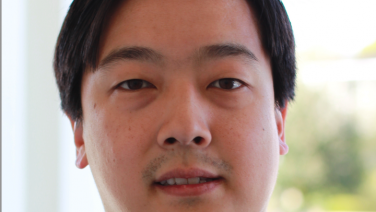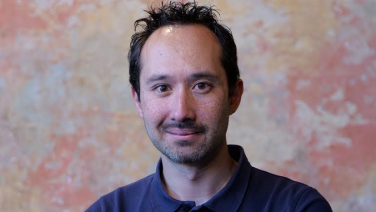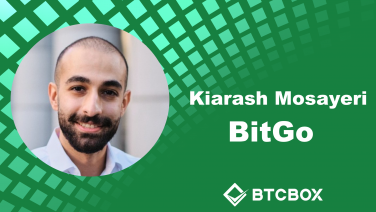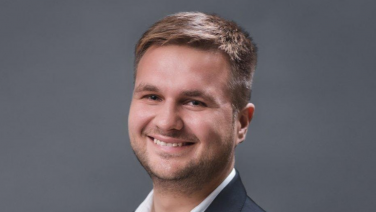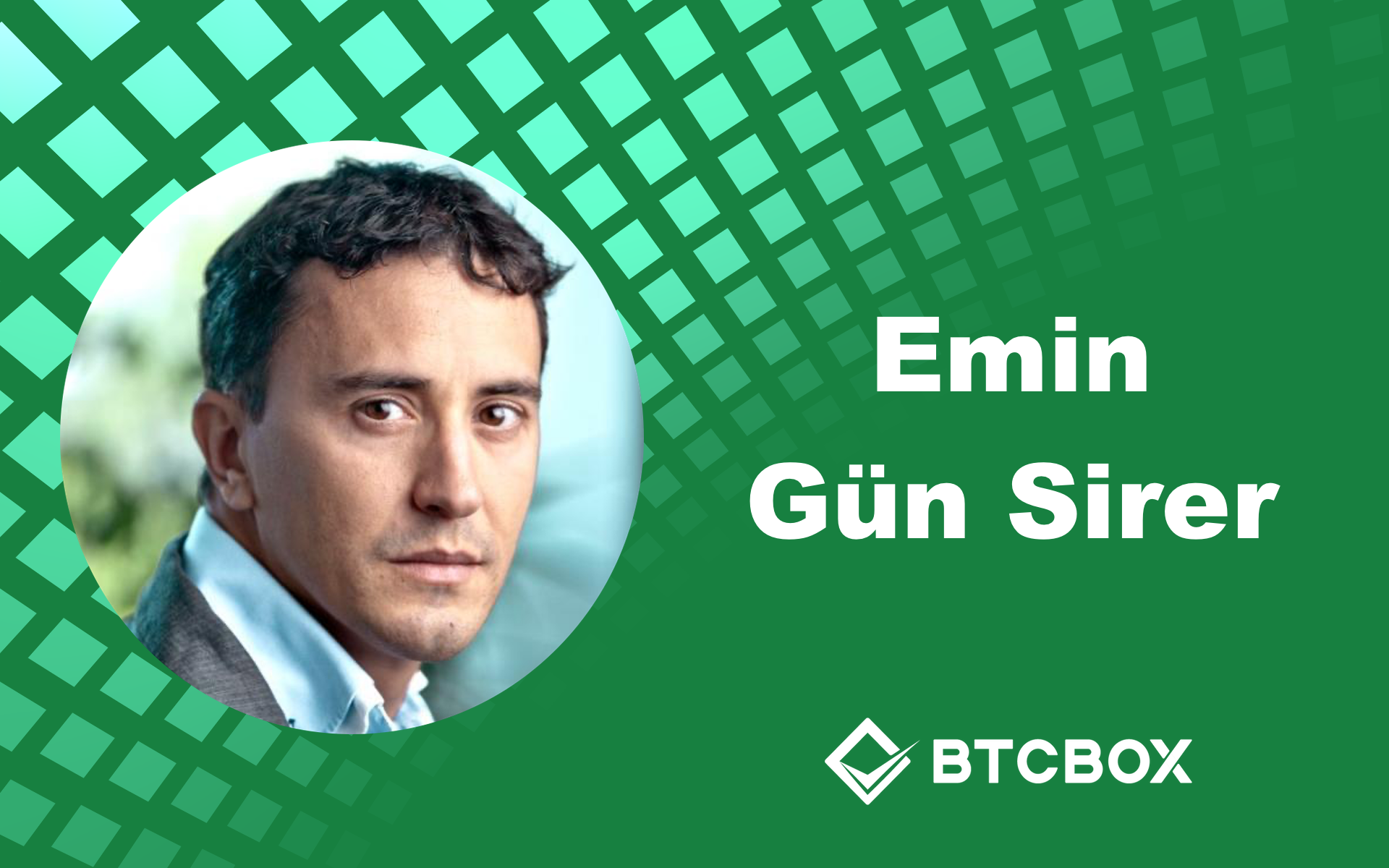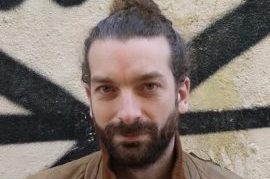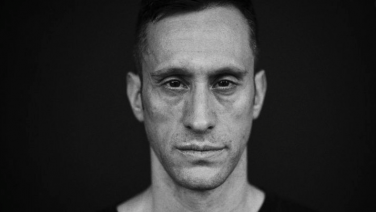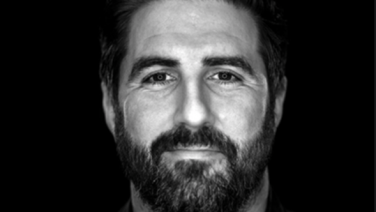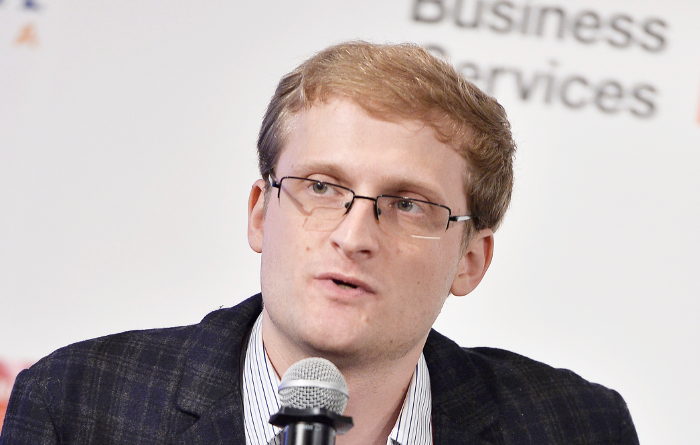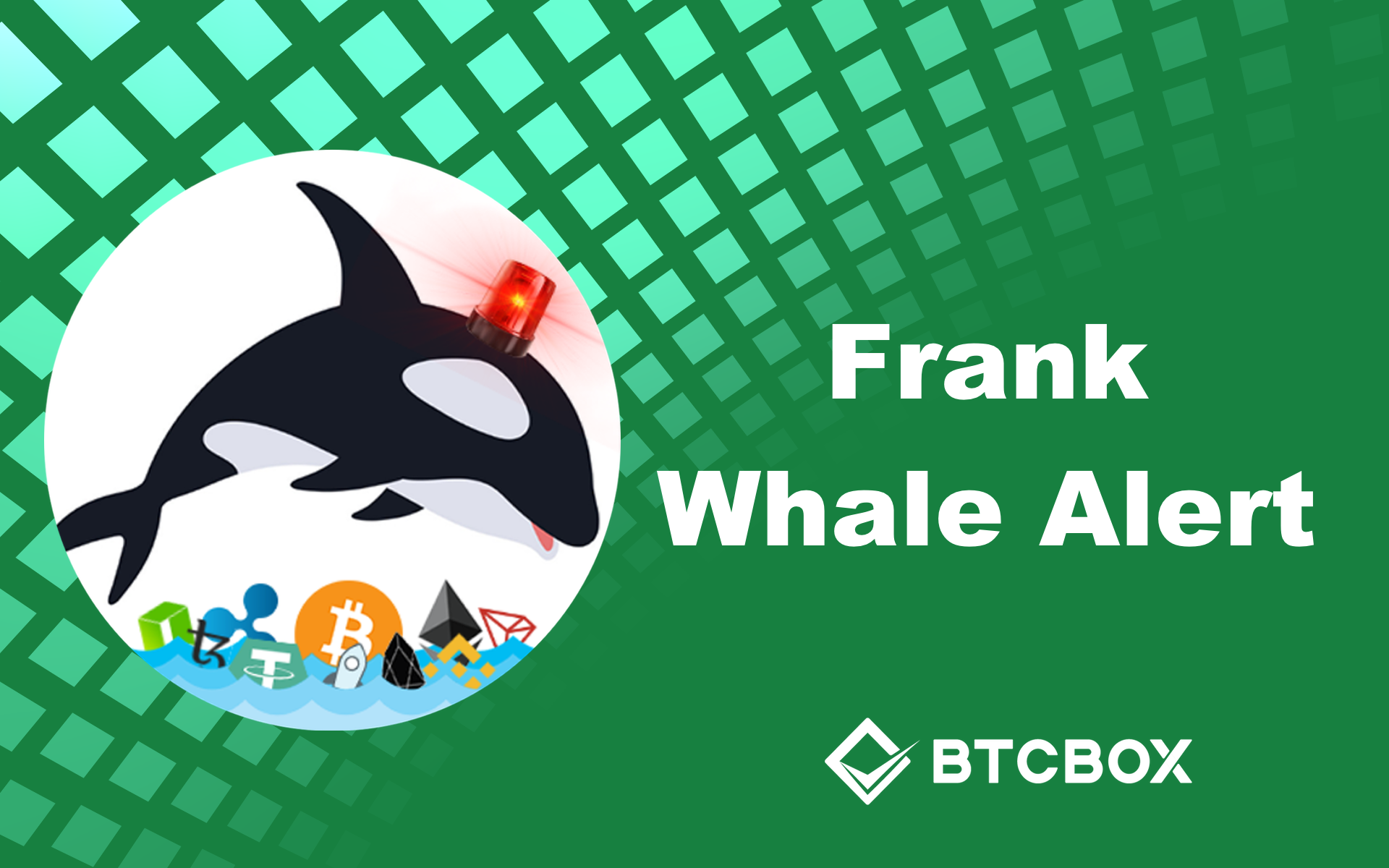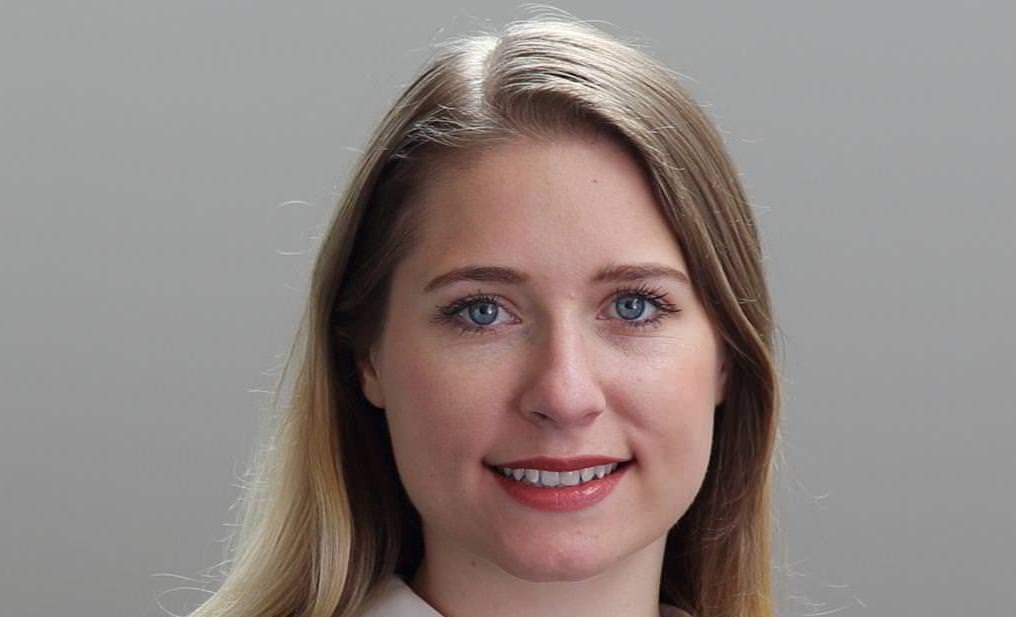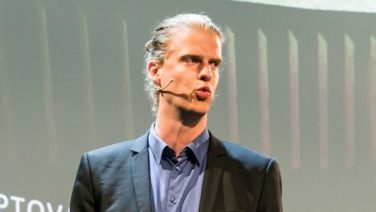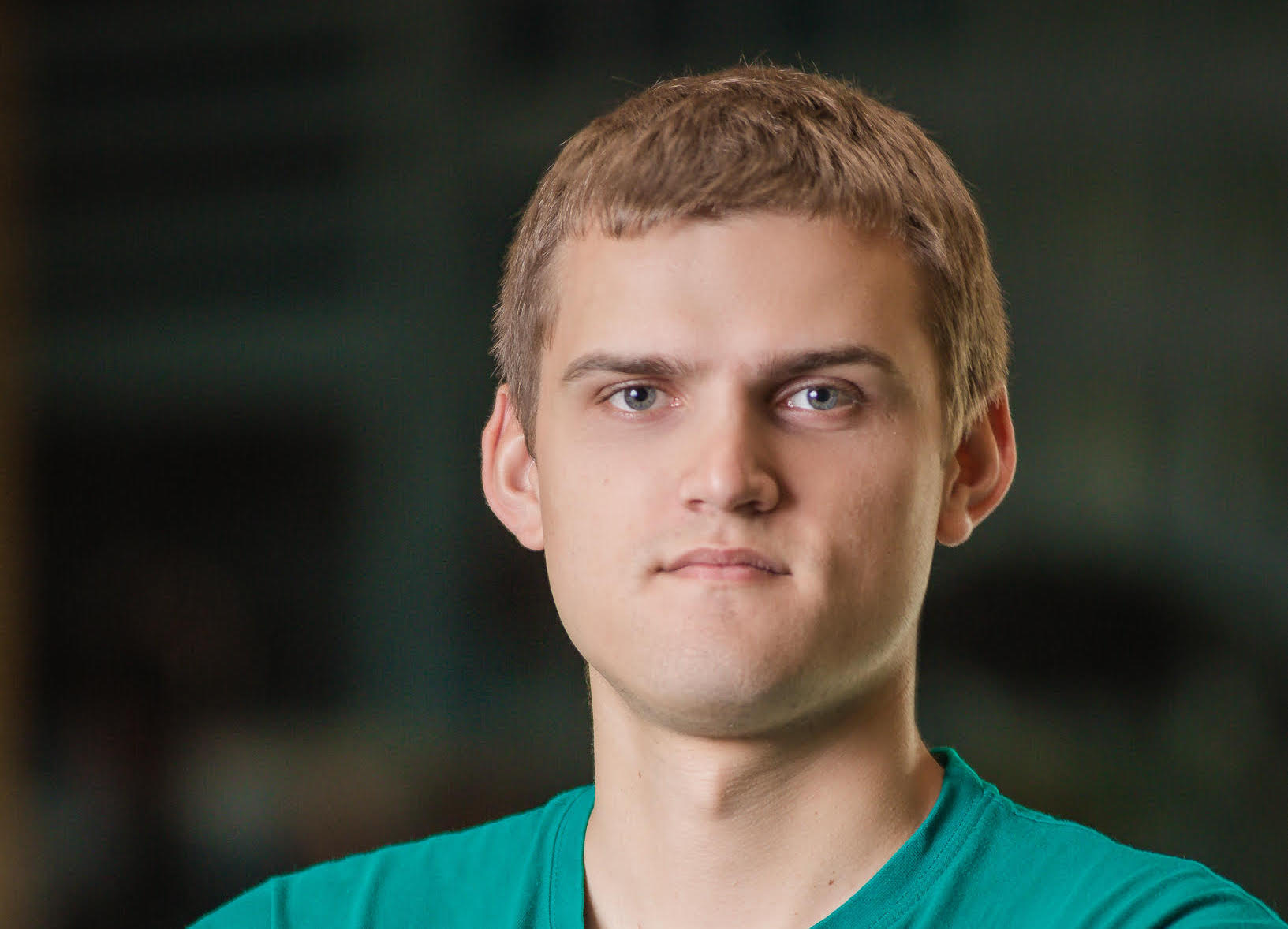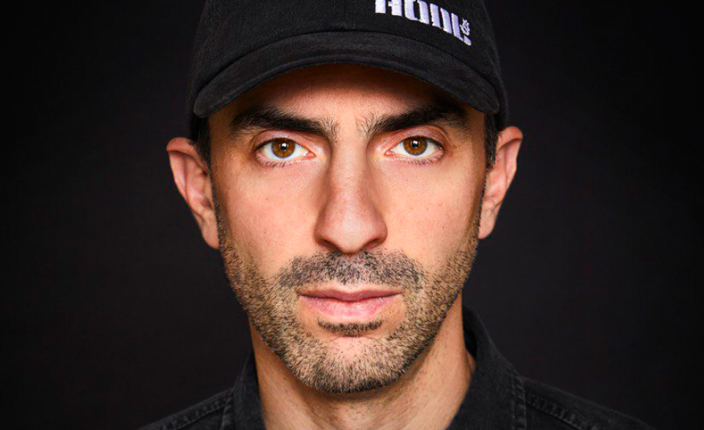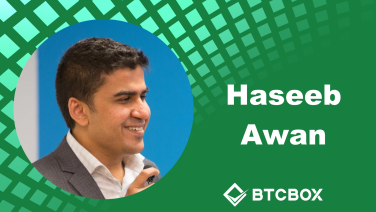 Blog
BlogThe mechanism of Sim hijacking : Interview with Haseeb Awan
The most common way to be sim swapped is when someone contacts your wireless carrier and is able to convince the call center representative that they in fact are “you”. They use your personal data that's often exposed in hacks, data breaches, or information you publicly share on social networks, hence at worst dark or deep web. When the call center employee is convinced, they ask for switching the sim card linked to your phone number, and replace it with their sim card. Once your phone number is converted to a new sim card, all of your incoming calls and text messages will be diverted to the newly switched sim card that is in illicit hands.

